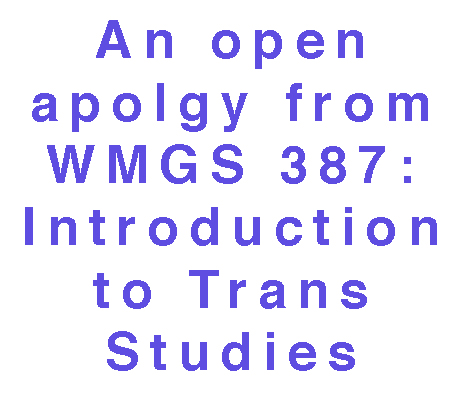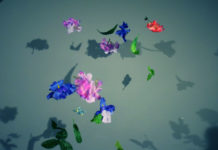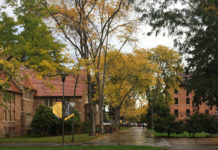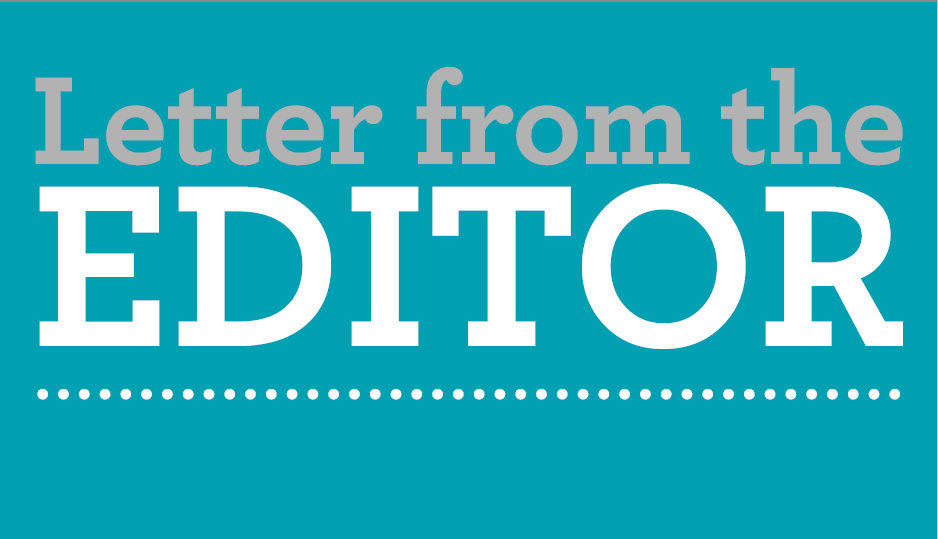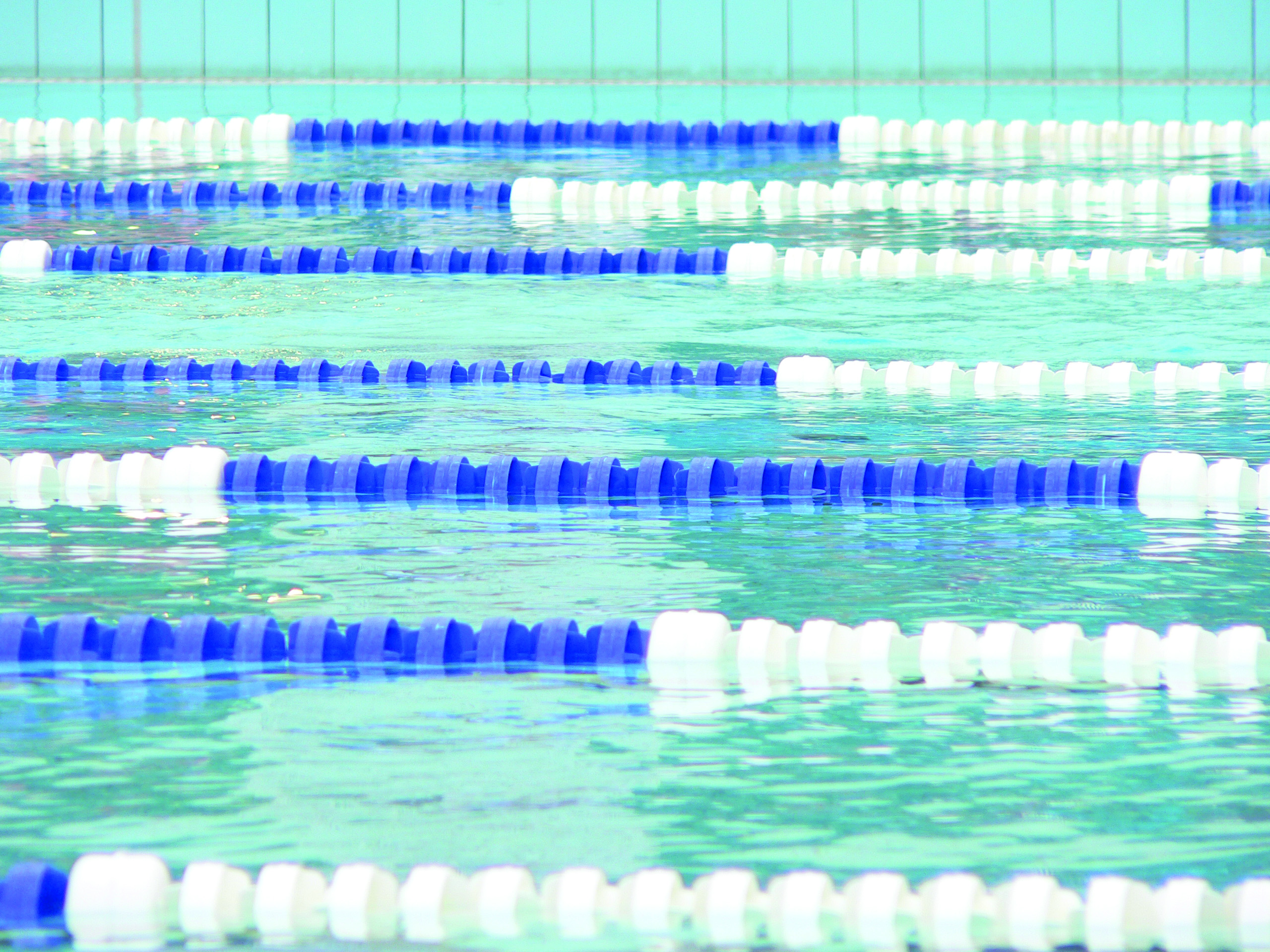The students of the WMGS 387 class would like to take a moment to acknowledge our missteps in programming for Transgender Awareness Week 2015. During this week, our class created and executed a project with the intention of informing the PLU community about transgender history, memorializing transgender individuals who have passed in the last year due to violence, and providing an opportunity for PLU students to become agents of gender justice. One of these actions resulted in critical feedback, which gave our class the opportunity to come to grips with the fact that our intent, whatever it may be, can have a profound impact that does not always align.
The gallery section of our project, shown in the University Center on Nov. 18, was not executed to the best of our ability, nor did it represent transgender individuals in a fully encompassing or honorable way. The well-deserved criticism we received on this portion of our project served as a learning opportunity for all of us involved, as well as a reality check of the cisgender privilege we occupy. Although we had hopeful and positive intentions for this portion of the project, the actual effect of it fell short of our intended outcome. Through feedback from the PLU community, including that from individuals who identify as transgender, we have had the chance to examine and take responsibility for the ways in which the gallery fell short of the full extent of our ability. Reflecting back, we recognize that the gallery was not to a standard that honored the lives of those represented or showed solidarity with transgender individuals; those whose memories we were hoping to honor, and the community we were attempting to be allies with deserved more time and effort than we gave. The photos and paper used to display the biographies of transgendered individuals who have been murdered in the last year were of low quality and in no way came close to representing these individuals in a respectful manner.
The gallery also did not address the structural systems which subject transgender individuals to violence. These injustices could have easily been remedied with better presentation of the biographies and a well framed introduction to give the respect and effort necessary to remember the individuals highlighted. Transgender activist Brynne Tannehill states, “Being transgender isn’t what is killing us. It is the culture we live in. It is a culture that teaches people that we aren’t real men or women, one that reduces us to jokes intended to inspire visceral reactions of disgust. It is a culture that teaches people that such portrayals are not just acceptable but entirely justified…” By becoming aware of the various ways our culture subjects transgender individuals to violence, everyone can begin to work towards gender justice. This project was an effort to work towards that goal, and though the gallery was not as productive towards our goal as we had envisioned, it did provide for deeper conversations about allyship and gender justice on our campus to arise. There were several needs emphasized through the feedback our class received that, as non-trans individuals, we had no awareness of. As result of this feedback, our last day of tabling focused on creating an opportunity for the PLU community to write down suggestions about policy changes to make PLU more inclusive for people of all gender identities, in hopes that our community as a whole would become more cognizant of and engaged in these issues.
While we are disappointed by the ways that our project failed to meet its goals, we are grateful for the conversation and reflection that resulted. We hope that our mistakes and efforts will continue to inspire others, ourselves included, to strive to be better allies for gender justice on the PLU campus and beyond. We are truly sorry for the harm we have caused, and should you wish to continue the conversation about gender justice and the needs of transgender students at PLU, please feel free to contact the Women’s Center at womencen@plu.edu and/or the Diversity Center at dcenter@plu.edu.
Respectfully,
The Students of WMGS 387
Transgender Resources:
Residential Life at PLU routinely works with students to address issues of individual need, comfort and fit with the on-campus living experience. Incoming students for whom their biological sex does not match their gender identity should contact Residential Life to discuss their individual situation and to determine the best option based on individual circumstances, need and availability. The Gender Inclusive Housing Application is available via the Women’s Center’s website, http://plu.edu/womenscenter.
Cedar River Clinic in Tacoma offers quality health care in a safe and culturally responsive environment. Every client who receives care at Cedar River Clinics is treated with dignity and respect. The Cedar River Clinic can help with surgical referrals for gender reassignment, breast and cosmetic surgeries.
Medicaid: Gender dysphoria is a medical condition recognized by the Diagnostic and Statistical Manual of Mental Disorders and the International classification of Disease. Medicaid can help cover the cost for certain procedures, including Hormone Replacement Therapy, prepuberty suppression therapy, and Gender Reassignment Surgery.
Legal Name Change: Information about legal name and gender changes on documents can be found through the Washington DMV website.
Oasis Youth Center: Drop in and support center for LGBTQ youth ages 14-24.
How to be an Ally: Check out http://everydayfeminism.com/2015/06/how-to-be-ally-to-trans-friend/ for a information on how to be an ally to a transgender friend.

















